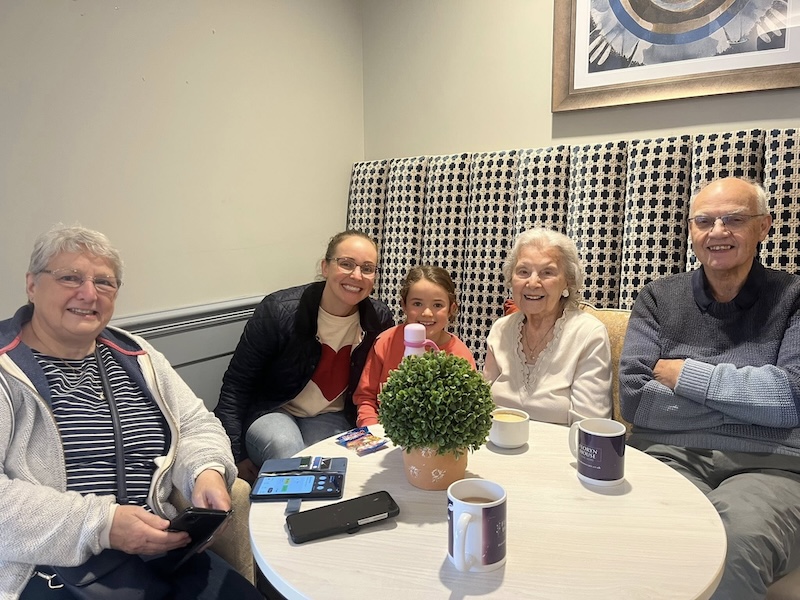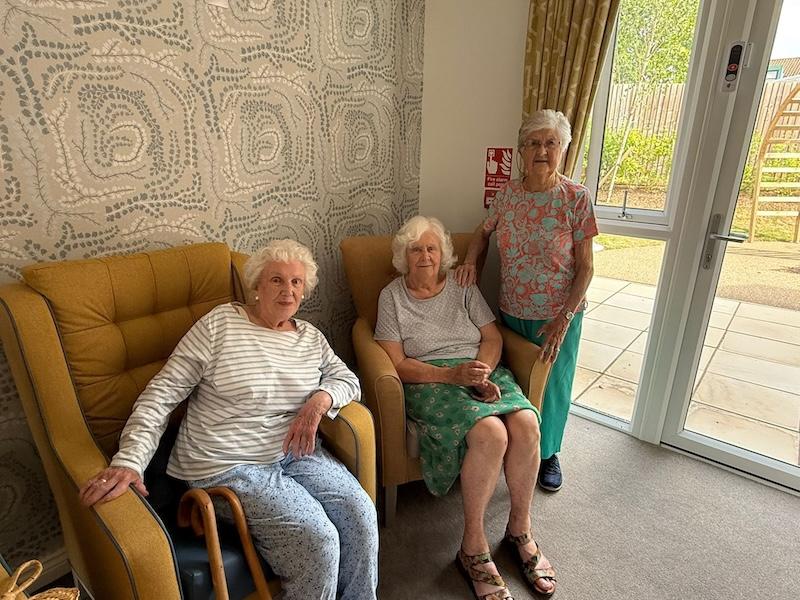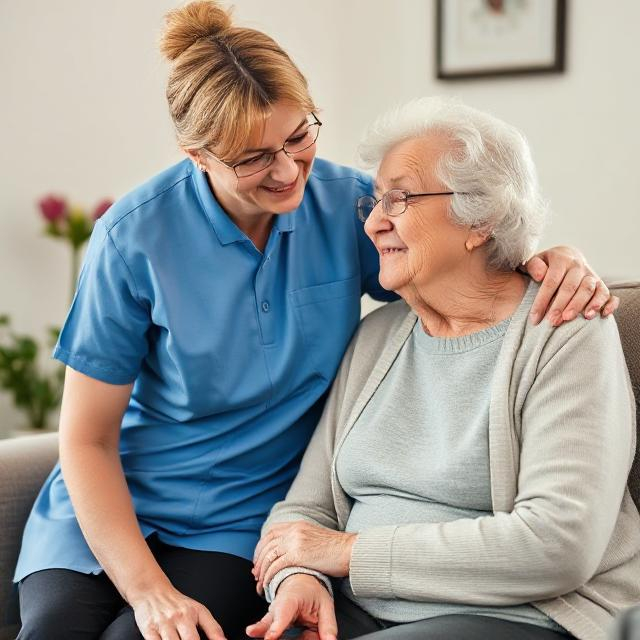5 Signs It’s Time for Residential Care
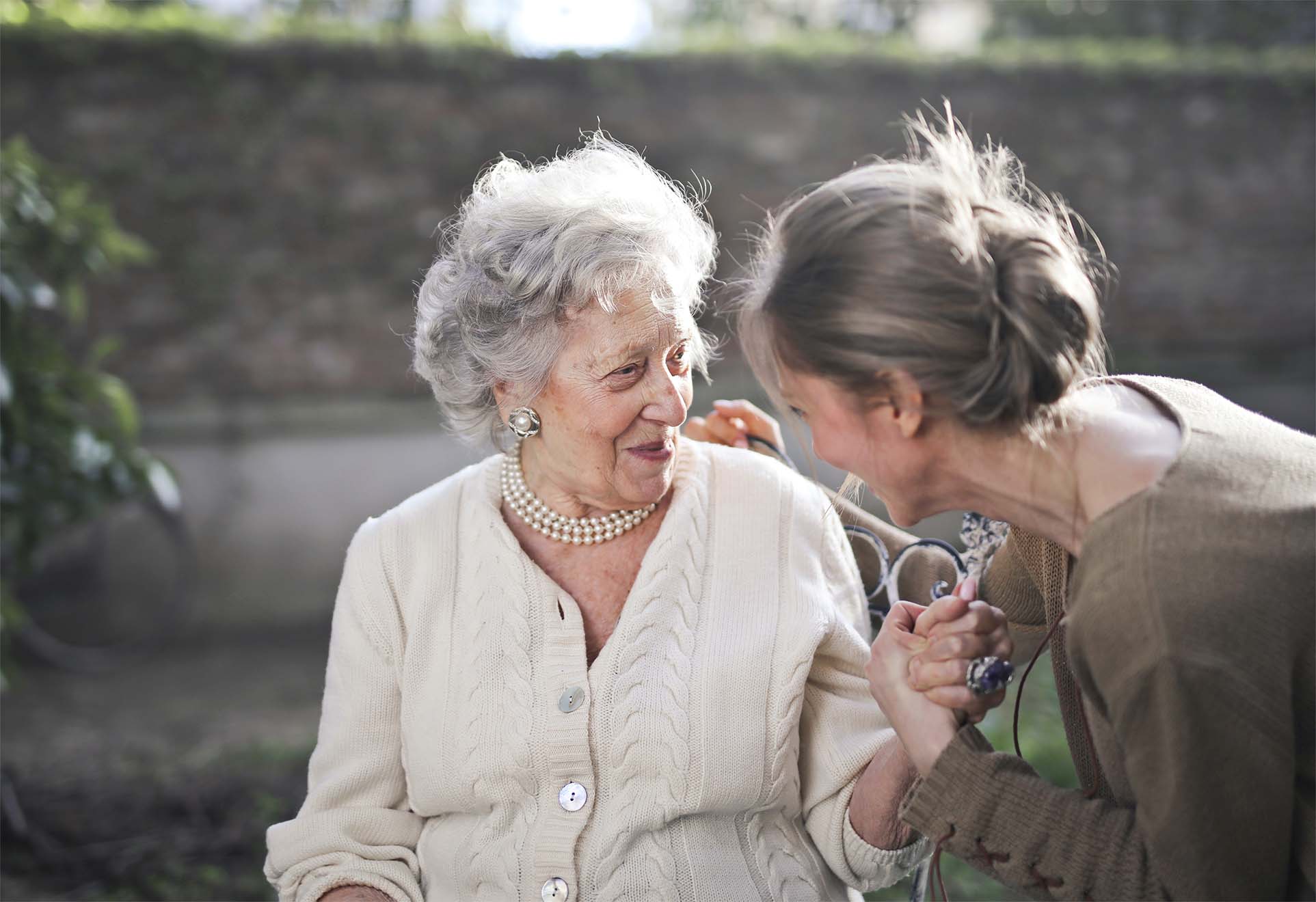
Deciding to transition a loved one into residential care is a challenging process that requires a lot of thought and consideration. Whilst loved ones want to care for their elderly family member for as long as possible, there may come a time when professional assistance and support become necessary to ensure their personal safety and well-being. Understanding the benefits of residential care and recognising the signs that indicate it may be needed can help make the decision more manageable. However, always contact the care home manager if you have any queries regarding their specific home or any information you can't access online.
What is Residential Care?
Residential care is a care service provided in a residential all-inclusive care home and provides a supportive, safe, and caring environment for older adults who can no longer live independently. A dedicated team of trained professionals offer around-the-clock care including basic medical supervision, assistance with daily tasks and a variety of social activities.
If your loved one has more complex medical needs, they may be better suited for nursing care. If you require more support about which care type is most appropriate for your family member, get in touch with a care home team.
How Can Residential Care Benefit an Older Person?
Residential care offers numerous benefits that can significantly improve the quality of life for a care home resident. The safe environment provided by residential care facilities is designed to minimise risks and ensure residents can continue to live a rich and meaningful life. This provides peace of mind to not only the residents but also their loved ones.
Individuals receiving residential care will be provided with nutritious meals tailored to their individual dietary needs to ensure they maintain a balanced diet and good health. They will also often have an en-suite bedroom with a wet shower room and support from a qualified nurse which means they can better maintain their personal hygiene without complications.
Residing in a care home allows older people to relax and not worry about any previous chores or stress they had to complete. They will have 24-hour access to a variety of in-house facilities and services which ensures they are being supported in all aspects of life and are provided with social interaction opportunities through various activities and community events which helps to combat loneliness and foster a sense of belonging. Most care homes will also have leisure facilities such as a cinema, private gardens and a hair salon which residents can use whenever they wish.

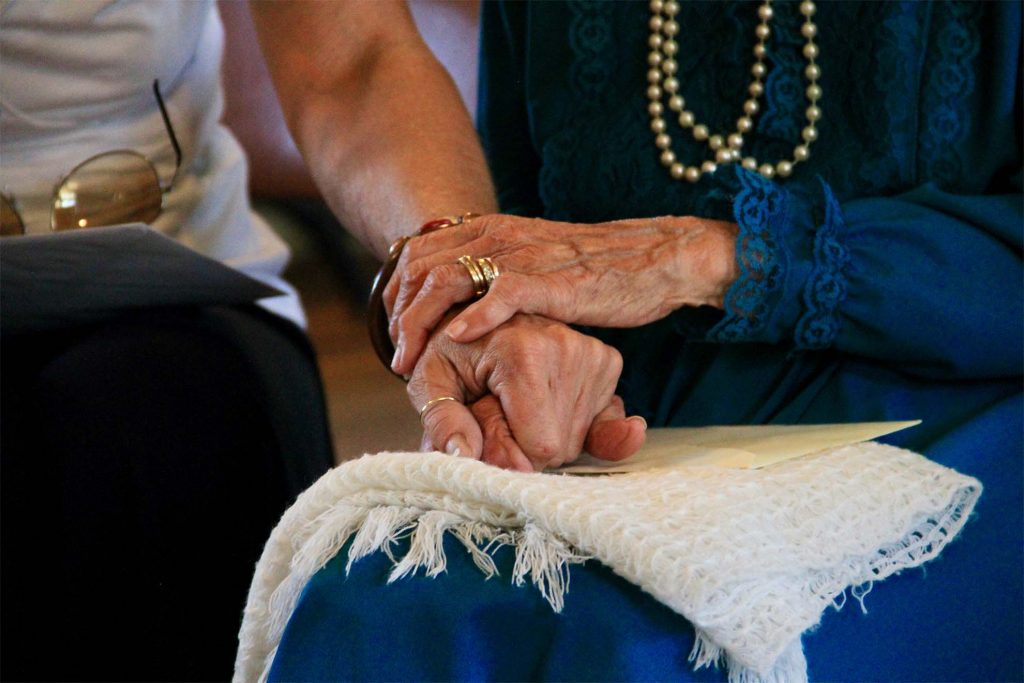
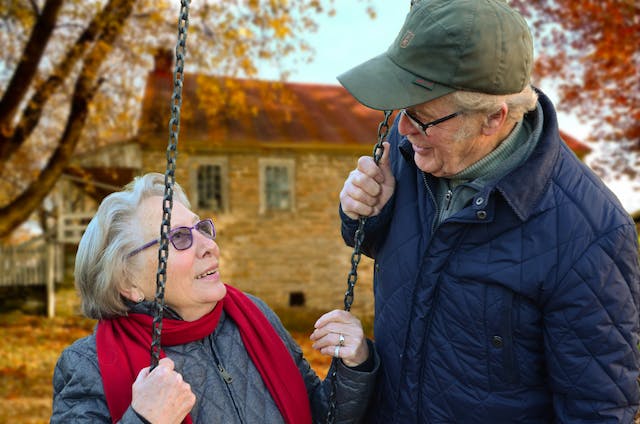
Our Top 5 Signs to Look Out For When Considering if Residential Care is Needed
While each individual’s situation is unique, there are common signs that suggest it might be time to consider residential care for an older person. Recognising these signs in the early stages can help you to make an informed decision at the right time.
Struggles With Performing Daily Activities and Personal Care
One of the most prominent signs that residential care may be necessary is new difficulties with daily chores and physical health and well-being that they once found easy. This includes tasks such as bathing, dressing, grooming, and eating. When an individual struggles to maintain personal hygiene or requires consistent reminders and assistance to perform these activities, it may be time to consider a residential care home. Professional caregivers ensure that residents maintain their dignity and well-being by helping them with these essential tasks, allowing them to live comfortably and safely.
Caregiver Burnout and Stress
Caregiving is a demanding role that can take a significant toll on the physical and emotional health of the provider and lead to them no longer being able to provide care in their family members' best interests. If you are feeling overwhelmed, exhausted, or experiencing declining health due to caregiving duties, it may be time to consider residential care for your loved one. Residential care allows caregivers to step back, ensuring that their loved one receives professional, consistent care while they take time to recover and focus on their own health. This balance can improve the overall quality of life for both the caregiver and the loved one.
Noticed Isolation and Low Moods
If it is becoming noticeable that your loved one is withdrawing from social activities, experiencing frequent low moods, or expressing feelings of loneliness, care homes could be beneficial. Their facilities offer a range of social events, activities and opportunities to interact with like-minded people and the wider community which can combat the feelings of loneliness and improve the mental health of residents.
Increased Trips and Falls
Frequent falls and accidents are a concern for older adults as they are more prone to serious injuries and a decline in health. If your loved one has experienced an increase in falls or difficulty maintaining their mobility, moving to a care home would be beneficial for their own safety. Residential care facilities are designed with safety features to minimise the risk of falls and ensure that residents can move around safely. Also, care home teams are trained to assist with decreased mobility and respond quickly in case of an accident which reduces the chance of further injury.
Decreased Mental Capacity
Cognitive decline, including memory loss and confusion, can significantly impact an individual's ability to live independently. If your loved one is showing signs of decreased mental capacity, such as forgetting to take some medication, becoming disoriented, or having difficulty making decisions, residential care can provide the structured environment and specialised support they need.
It is important to consider that if your loved one has a condition like Alzheimer's or is experiencing significant mental decline, dementia care would typically be a better suit as their needs would need to be supported differently. Care home teams are available to support you through every step of this process, and can give an insight into the most appropriate care type for your family member.

Residential Care at Floryn House Care Home
At Floryn House Care Home, we understand that deciding to transition a loved one into a care home can be difficult. Our dedicated team of professionals is committed to providing high-quality, compassionate care tailored to each of our residents' medical and personal care needs. We collaborate closely with residents and those closest to them to create person-centred care plans prior to them moving in which ensure the needs and preferences of all residents are not only met but exceeded for their entire care journey.
Our care home in Yarnton is purpose-built with the safety and comfort of our residents as our top priority. We offer a variety of in-house facilities to keep our residents engaged, active, and socially connected. Our in-house chefs prepare delicious, balanced meals that cater to any needs and preferences of our residents. We want our residents to continue doing the things they love most, and our luxury care home makes this possible.
Check Out Our Care Home for Yourself
If you are caring for somebody who is showing some of these or any other signs or you feel it may be time to consider a care home, please don't hesitate to get in touch with our team and book a tour. Our wonderful team are on hand to support you every step of the way and answer questions about our care types, facilities and our exemplary approach to care. We look forward to hearing from you.



